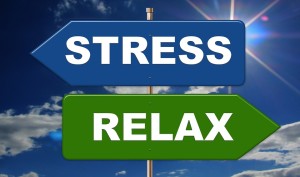
Rehabilitation counseling or addiction therapy is one of the most essential aspects of overcoming substance abuse addiction. However, many are completely unaware of the methods involved in these types of counseling. The first step of substance abuse rehabilitation counseling is usually a session to discuss your addiction and the substances you have abused, leading to detoxing. However, the actual counseling session remains a mystery. This aspect of rehabilitation is actually the most pivotal because you learn about the different coping methods for dealing with addiction and having the opportunity to be open and honest about your past experiences and feeling. Below is a list of the different methods of treatment associated with rehabilitation counseling and addiction therapy.
Things to Know about Prescription Drug Abuse
- Cognitive behavioral therapy is one of the most popular methods of counseling because it gives you essential tools for recognizing and avoiding relapse. This can include learning your unique emotional triggers, creating a sober atmosphere for yourself at home, and replacing negative thoughts with happier emotions. These techniques are meant to stay with you for the rest of your life, so it’s best to be open and honest with your counselor and take everything you learn seriously.
- Contingency management therapy is another method rehab centers use to teach recovering addicts the positive nature of staying sober. This program often awards patients that stay sober with anything from vouchers and chips to awards. Some skeptics argue the effectiveness of this type of rehabilitation counseling, as there is a correlated decline of sobriety once the patient stops receiving incentives for their good behavior.
- Family counseling is a very powerful tool to help emotionally connect the patient to their counseling. Addiction is often detrimental to relationships and having family members present to discuss their experiences and feelings can emotionally impact when used in conjunction with traditional therapy and an addiction expert.
- Motivational therapy is another great tool that some rehabilitation centers use to help recovering addicts. This type of counseling is directed by the motivation the person has for overcoming their addiction. The therapist will then take this information and use it has the focal point in their rehabilitation counseling.
It’s important to choose the method and style of rehabilitation counseling that works best for you. Many rehab centers utilize all these therapies; simply speak to a counselor for more information and guidance to a program that will work for you.
